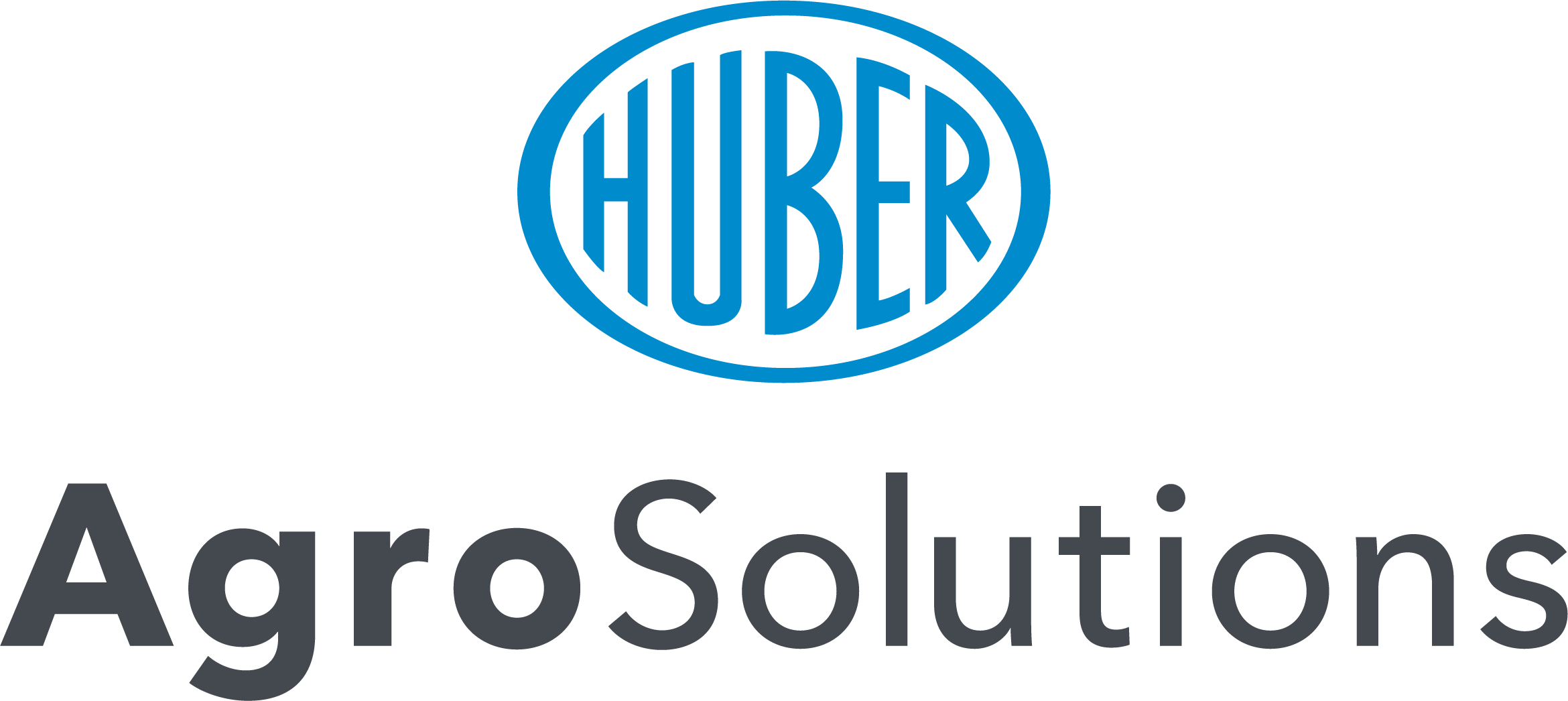Editorials
From algae to soy, ILSA enhances new plant sources by employing a circular economy perspective
24/02/2023
(Arzignano, Vicenza. Italy) ILSA became a pioneer of the circular economy when it was founded in 1956 to enhance leather trimmings in agriculture, which were considered waste from the tanning industry. Over time it has diversified its raw materials by looking at plant sources, developing technologies capable of extracting bioactive molecules from these sources to make fertilizers and, increasingly, biostimulants, which are technical tools that have no nutritional action but improve the production potential of plants, thereby making them more resistant to stresses, all in a natural way and with a strong specialization in the field of organic farming.
The year 2023 will see the launch phase of products based on new renewable vegetable sources – soy and algae. The soy is locally sourced from a controlled supply chain, and ILSA extracts, using natural and sustainable processes, a biostimulant that contains specific amino acids, betaines, triacontanol and other bioactive molecules that act on cell multiplication and increase the organoleptic qualities of fruit and vegetables, improving their tolerance to several kinds of stress.
The algae, on the other hand, come from the southern coast of Chile, where ILSA is based and works along with its partner Eurocilena. This area is particularly rich in algae of the Macrocystis genus, which are extracted in compliance with a sustainability protocol and as part of a project that favours the local economy and employment.
The algae are harvested twice a year, during spring and summer, and in a non-invasive way in order to allow the algae the necessary biological time for its propagation. It is treated using a highly environmentally sustainable technological process that involves cold and high-pressure physical extraction, without the use of chemical reagents or high temperatures.
The new ILSA biostimulant has a fortifying effect on plants and acts on cell distension, making it an indispensable support during the development of new tissues, both in the vegetative phase and during fruit formation.

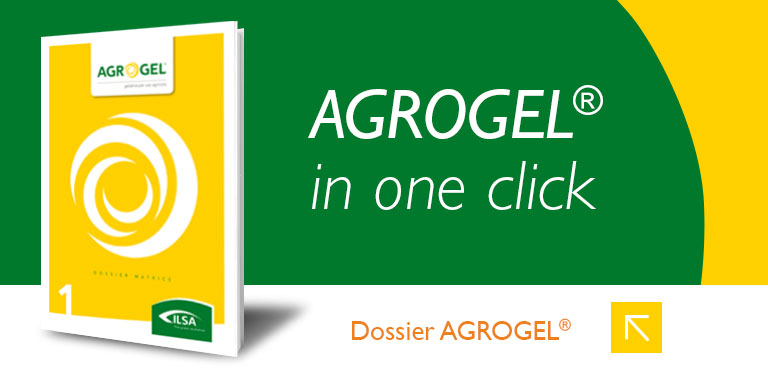
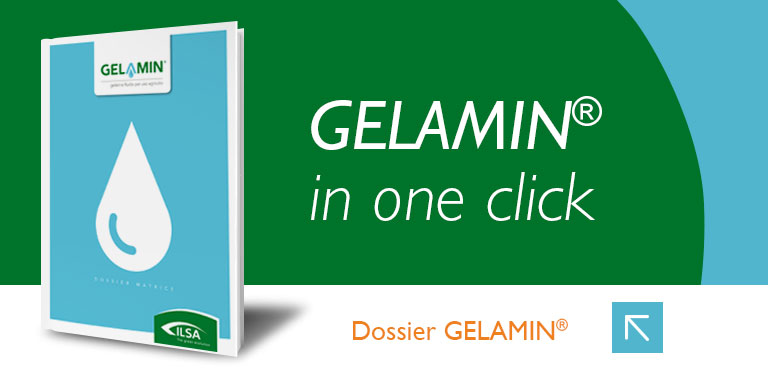
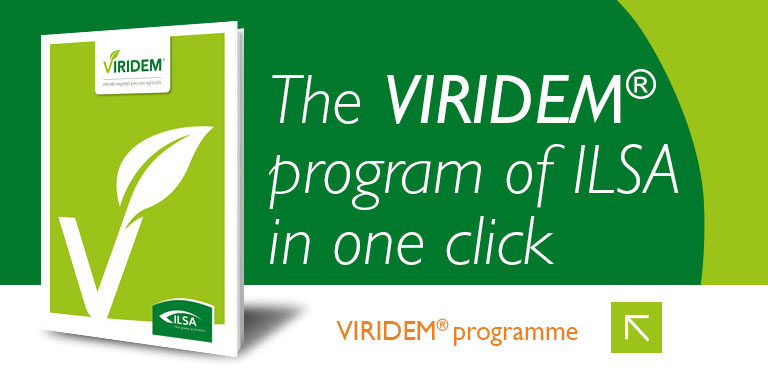

.png)
